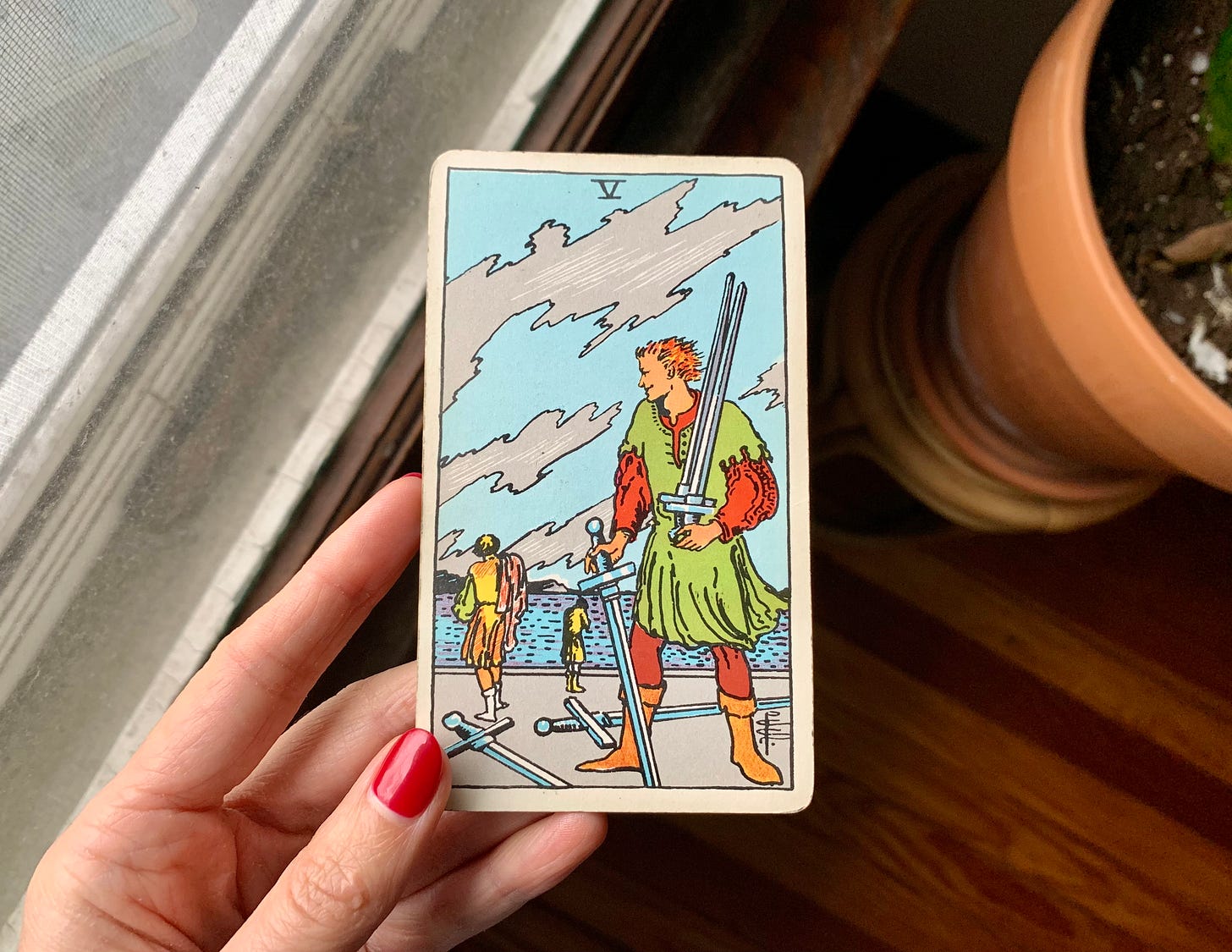As of last week audio Offerings are back for paying subscribers. There’s a link to listen below. I’m going to try to make free versions too, but taking it one step at a time after months of hiatus. Thanks for your patience.
Last week I turned in my first application for graduate studies in theology, which included a writing sample about grief and interspecies accompaniment. I’m out of practice with academic writing, but it was a pretty fun paper to write because I got to review and fold in some of the beautiful ideas about grief I’ve encountered these last months of mourning.
Looking back I can finally say that the path has been gorgeous. I hated it a lot of the time, but there were Zinnia blooms, big laughs with friends, horses, good songs, and lots of pup snuggles mixed in there. There was wisdom in places I did not expect and wisdom in places I did. Like the precious wise hearts in my life, studded with good gems like this one: “The feeling like it’s never going to end is part of it.1”
If grieving is one thing (which it isn’t, but that’s a topic for another day) writing about it publicly is another. I keep thinking about this interview with André 3000 who’s one of my biggest inspirations. His latest album, New Blue Sun is mostly flute instrumentals and is a radical departure from years of rap records. My favorite part of the interview is when the interviewer Rodney Carmichael asks André about what the process of preparing to change directions so drastically has been like, and André responds, “living.”
And then, laughing about how his friends in Atlanta make fun of his flute-playing ways he says, “And I’m always in on the joke. So don’t ever think that I don’t know how people think or look at me in a certain way. I understand. If I was on the outside, I would feel the same way…As an artist, you kind of got to put yourself out there to be prepared to respond. I’m a responding person. That’s what I am. I’m responding to what’s given to me.”
People are judgmental about grief, even those who claim not to be. At least this is something I’ve seen, as I’ve been working through loss the long way. I’ve tried hard not to take the rushing or judging or outright avoidance personally; I think there’s just a real cultural urgency about moving on, not to mention a phobia of losing.
Thankfully the days do change,2 and one of the benedictions that’s come to me through the steady prayer of slow grieving is the understanding that learning to lose is a really good use of my time. And I think this is why I loved when André said he was “always in on the joke.” The process of learning how to lose well might look a certain way to a person on the outside who themselves cannot tolerate losing. But all of this is on purpose. I want to fear losing less, moving forward.
And when André said that as an artist you have to be prepared to respond, I thought about how I’ve come to think of grief as a process of responding to absence over time. Being responsive is an issue of respect in my opinion, and of allowing life—my own and others’—to mean something. In responding to an absence, I’m acknowledging that this loss is significant. If I can’t do that, my life and relationships mean nothing.
Between genocides, COVID surging, and the twenty-one new species of birds in the United States who were recently declared extinct, I think it’s fair to imagine that the losses in our midst may be so great as to be incomprehensible. On extinction, ecologist Carl Safina has said that because the scope of these losses are “completely overwhelming to the capacity of the human mind to actually know and understand…the endeavor of stopping this crisis becomes more of a religious kind of experience than a scientific one, in a sense, more moral than practical.3”
I resonate very much with the idea of responding to incomprehensible losses as more of a religious task, than a scientific one. And as usual I think about religion in the old sense from religio, to bind back and re-connect. Life matters, relationships matter, and what may appear to be a singular absence has a cascading effect on the world. And though denial in the face of incomprehensible loss is often a part of grieving, camping out there gets costly.
In her paper on transience and the afterlife Line Ryberg Ingerslev writes that “when we grieve and mourn, what happens is that we transform the incomprehensible difficulty of reality.” And she asserts that “revolting against mourning…is a real struggle with being alive and not knowing how to lose.4”
Maybe learning how to lose in a culture obsessed with winning at all costs requires being okay with other people thinking you’re a loser. Maybe asserting oneself as a loser—as in, one who responds to absence rather than performs care-free-ness or carries on as if nothing was lost—is a variation on the idea of being in on the joke.




